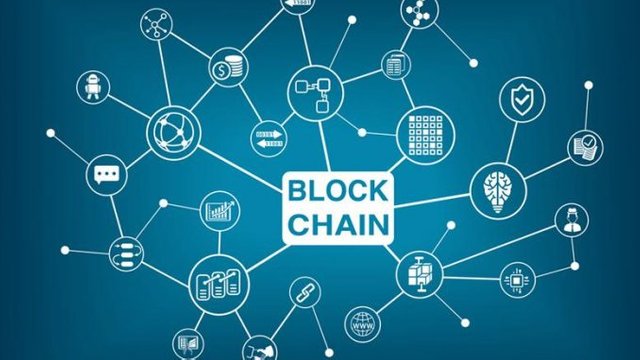
During the last year that we have been talking about virtual currencies and blockchain technology, we have heard different terms and words that we may not know what they are or how they work. One of these definitions is related to Decentralized Applications, also known as dApps. But what exactly dApps are and how do they work?
What is a dApp?
A decentralized application is a program (which we call application) that runs on a P2P network of computers, instead of doing it on a single computer. They have been created in a way that is not controlled by any single entity. Users and providers are connected directly, there is no need for intermediaries. For example, Uber or other similar applications are the intermediaries between two individuals. But dApps do not require a centralized server that will connect two persons.
One of the most important platforms for dApps is known as Ethereum, which is one of the most used blockchain networks in the world. According to Ethereum’s white paper, there are three different dApps: applications that work by managing money, applications where money is involved (but they do require another piece), and applications that include voting and governance systems. The first kind of dApp works when a user wants to exchange Ether so as to settle a contract with another party. The network uses distributed computer nodes in order to facilitate the distribution data.
In order to execute the smart contracts, it is necessary to rely on the ‘oracles’ that relay up-to-date information about the world. Traditional applications tend to have weak security systems, while decentralized applications solve these concerns. The essential components that the network uses are decentralized, this improves fault tolerance and makes it impossible and expensive to attack it. Blockchain technology is able to provide fast, efficient and an affordable way to process and store big and important data.
It is important to mark that Bitcoin, Litecoin and other important cryptocurrencies are decentralized applications. They work in a decentralized way to send and receive payments in virtual currencies.
How do they Work?
All dApps need to have a consensus algorithm like Proof of Work (PoW), or Proof of Stake (PoS). Those are the most important ones, but there are other algorithms out in the market. With PoW, decisions and consensus are reached with the work that each of the individuals in the network does. Proof of Work is known as mining operations. Interested parties control the network and receive a reward in cryptocurrencies when they register an important number of transactions.
The other mechanism is proof of stake, which is slightly different than the proof of work mentioned before. The decision about changes on the dApps depends on the number of tokens that a stakeholder owns. Those who stake these currencies are able to gain rewards by staking them and securing the network. The main difference with the mining activities is that it consumes much less energy than mining operations, which have been attacked for the increased amount of energy required.
Posted from my blog with SteemPress : https://bitcoinhub.co.za/guides-what-is-a-dapp/
Warning! This user is on my black list, likely as a known plagiarist, spammer or ID thief. Please be cautious with this post!
If you believe this is an error, please chat with us in the #cheetah-appeals channel in our discord.
Downvoting a post can decrease pending rewards and make it less visible. Common reasons:
Submit
Congratulations @grinderman! You received a personal award!
You can view your badges on your Steem Board and compare to others on the Steem Ranking
Vote for @Steemitboard as a witness to get one more award and increased upvotes!
Downvoting a post can decrease pending rewards and make it less visible. Common reasons:
Submit